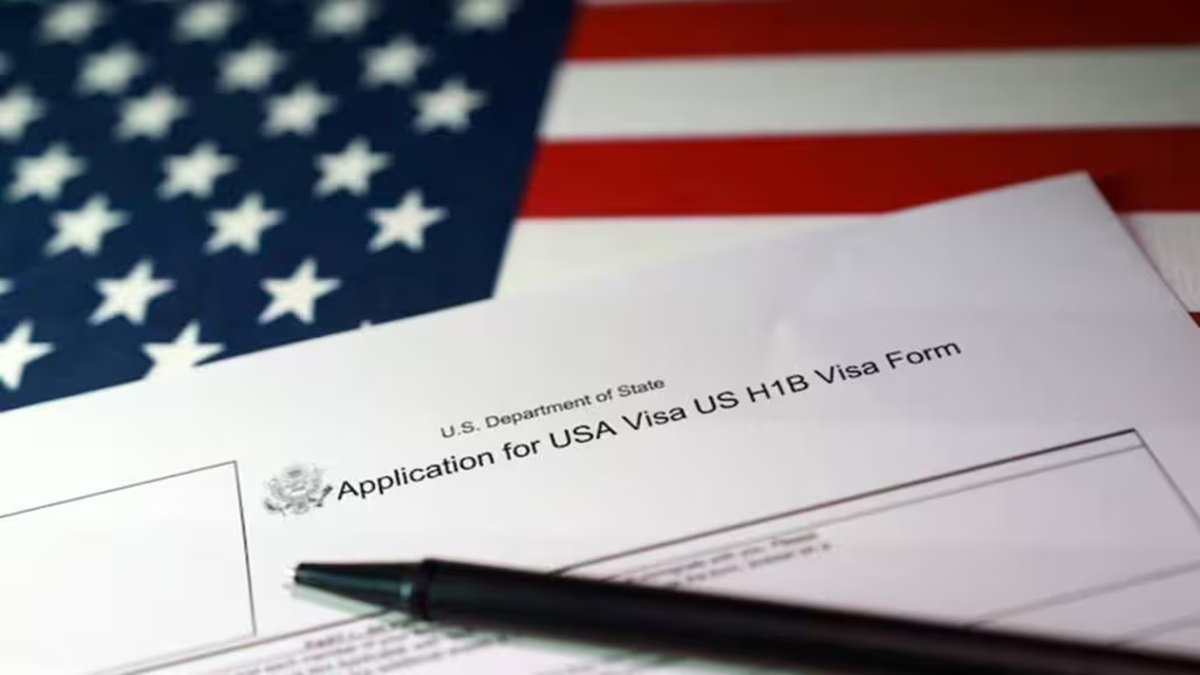Bill Gates has sparked a thought-provoking conversation about the future of work in an age dominated by artificial intelligence. While AI is rapidly transforming countless industries, Gates, cofounder of Microsoft and a visionary voice in technology, has confidently stated that programming will remain a uniquely human profession, even 100 years from now. This assertion challenges us to reconsider which skills are truly irreplaceable as AI continues to evolve.
The dual faces of AI: promise and uncertainty
In a candid interview with France Inter, Bill Gates shared his complex feelings about the growing presence of artificial intelligence in our lives, admitting, “I’m scared, too.” This transparent acknowledgment captures a broader public sentiment: while many are excited about AI’s potential, there’s also anxiety about what it may mean for jobs and society at large.
According to the World Economic Forum, AI could displace roughly 85 million jobs by 2030. However, it may simultaneously generate around 97 million new roles, shifting the workforce in dramatic ways. Gates envisions a future where AI enhances productivity so significantly that humans might enjoy more free time and pursue work that is more personally fulfilling rather than purely survival-driven.
Such a vision invites us to reflect on how society can actively guide technological adoption to benefit everyone. It suggests a future where AI serves as a partner, amplifying human potential rather than replacing it.
Why programming remains a deeply human craft
Among various professions, programming stands out as one likely to resist full automation. Gates emphasizes that programming requires a blend of creativity and human judgment that no machine can replicate. While AI tools can assist by automating repetitive tasks like debugging, the core of programming—the innovation of new solutions and problem-solving—still depends on uniquely human insights.
Drawing from my own experience as a web editor, I recall that my most significant breakthroughs in programming didn’t come from rote procedures but from making creative leaps that only human minds can achieve. It is this capacity for inventiveness and complex reasoning that makes programming enduringly human.
Supporting this perspective, a 2023 report by the Brookings Institution shows that roles requiring complex problem-solving and creative skills are less vulnerable to AI replacement. This suggests programming, with its need for innovation and adaptability, will remain a vital human domain.
“Programming will continue to require the uniquely human traits of imagination and judgment, even as AI advances,” Bill Gates explained during his recent interview.
How AI is transforming other professions differently
Gates also highlighted that fields such as energy and biology involve nuances and ethical considerations that protect them from being fully automated. These professions still depend heavily on expert human intuition and decision-making.
Conversely, jobs like administrative assistants and graphic designers face more immediate disruption. Generative AI tools can now perform routine tasks faster and at lower costs, forcing many professionals to rethink their roles and adapt. This ongoing adjustment highlights an important truth about the future workplace: it will be less about outright elimination and more about continuous skill evolution and collaboration with AI.
This perspective aligns with research from France Travail, emphasizing the growing importance of critical thinking and complex problem-solving in technical jobs. Experts believe these human qualities create a buffer against AI takeover, allowing intellectual professions like programming and scientific research to maintain their human touch.
Adapting to AI’s influence: lessons from experience
Navigating this new reality requires curiosity and openness to change. From what I have observed personally, those who approach AI as a supportive tool rather than a threat find themselves better equipped to thrive.
Considering how AI affects your career or daily tasks is essential. Do you believe some professions—especially programming—will always demand a distinctly human approach? The dialogue surrounding AI’s role in our work lives is crucial as we shape the future together.
Watch Bill Gates discuss his view on AI and jobs in this insightful interview for added context:
The future of work is unfolding fast, and your thoughts matter. Share your views below and pass this conversation on to friends and colleagues. Together, we can unpack what the rise of AI really means for all of us and how to navigate it wisely.




















